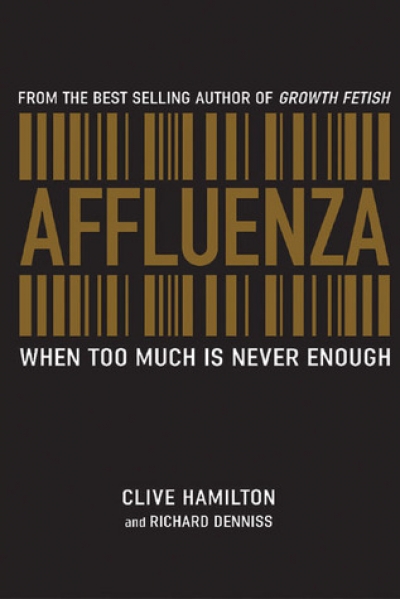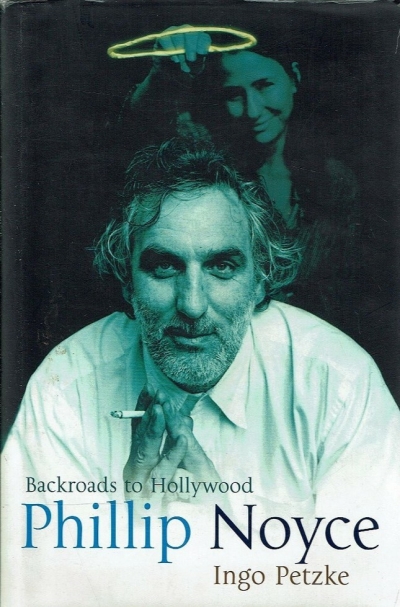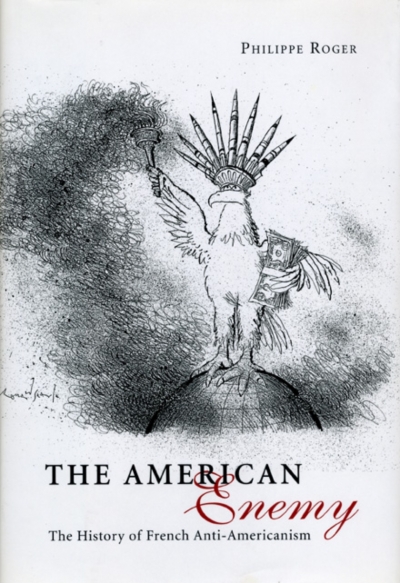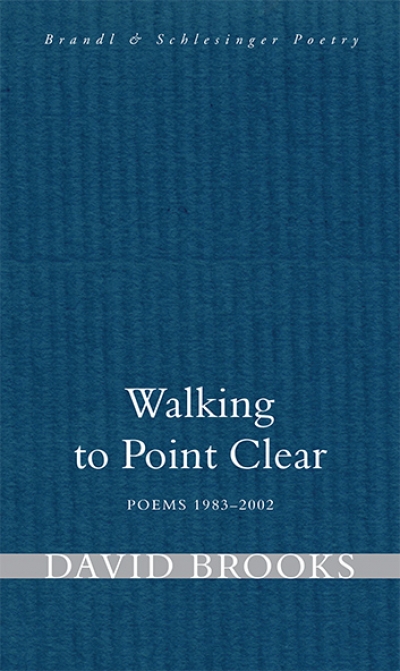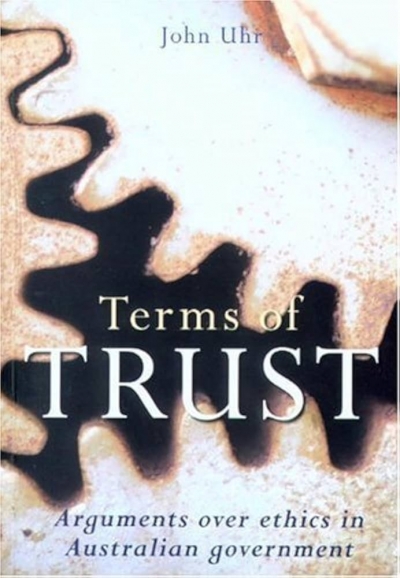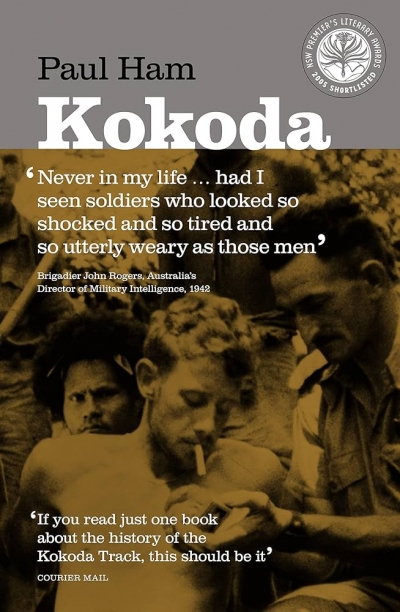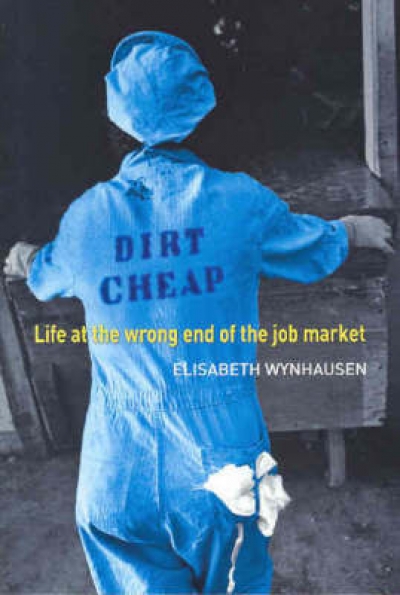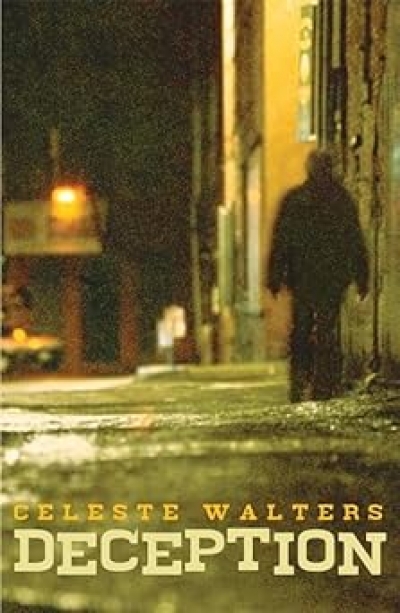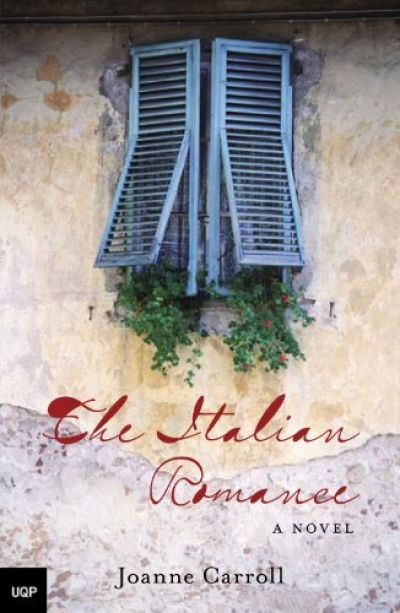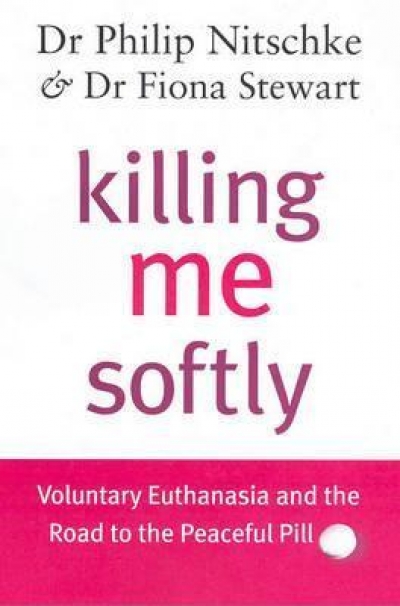Review
Affluenza: When too much is never enough by Clive Hamilton and Richard Denniss
by Amanda McLeod •
The American Enemy: The history of French anti-Americanism by Philippe Roger
by Colin Nettelbeck •
Dirt Cheap: Life at the wrong end of the job market by Elisabeth Wynhausen
by Mark Peel •
Killing Me Softly: Voluntary euthanasia and the road to the peaceful pill by Philip Nitschke and Fiona Stewart
by Tamas Pataki •

